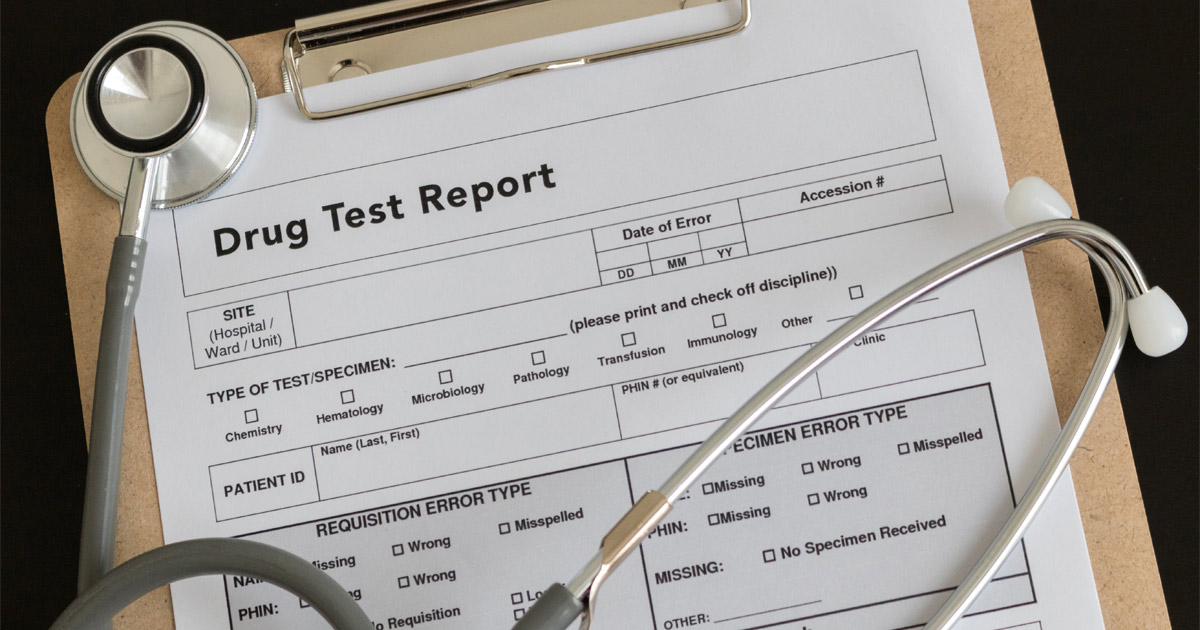When most people think about driving under the influence, they think about alcohol. However, drugged driving can be just as dangerous as drunk driving, and even more hazardous in some situations. Drugs can have powerful cognitive effects, which makes it more challenging to operate vehicles safely. Drugged drivers in Virginia put themselves and other drivers on the roads at risk.
There are numerous drugs that can impair drivers, which increases the likelihood of car accidents, including marijuana, cocaine, heroin, ecstasy, methamphetamine, ketamine, and PCP, among others. Drugged driving can look very different, depending on what drug is involved. All drugs have the potential to affect a person’s perception, judgment, and motor skills, but different drugs can have vastly different physical and cognitive effects.
Drugs, such as marijuana or opioid painkillers have a depressive effect on people and cause slower reaction times, making it difficult to adjust to changing traffic patterns or avoid hazards in the road. Stimulants, such as cocaine or methamphetamines, can make drivers more aggressive and impulsive. Drivers under the influence of hallucinogens, such as LSD, may lose touch with reality and see things that are not there.
A drug can also have unique effects on different individuals. The user’s body chemistry can affect their tolerance level, meaning that some will experience a stronger effect from small doses of drugs. Some may have a strong reaction to one kind of drug, and a weaker reaction to others.
Medications can also interact with each other, sometimes in unpredictable ways; if a driver takes a new drug, they may not be prepared for some of the side effects. It can also be hard to gauge how long the effects of a drug will last in an individual, which may lead some to believe they are no longer feeling the effects, when in reality, they are still impaired.
Can Marijuana Impair Drivers?
Marijuana is one of the most common drugs related to accidents involving drugged drivers, and it is a factor in an estimated 40 percent of fatal accidents in the U.S. While some studies dispute the increased risk for drivers after smoking marijuana, others show a link between delta-9-tetrahydrocannabinol (THC), a mind-altering element found in marijuana, and high crash rates. Drivers under the influence of THC can have difficulty focusing on the road and may drift in and out of their lanes, misjudge distances, or fail to slow down or stop when needed. These risks are compounded when marijuana is combined with alcohol or other drugs.
In recent years, marijuana has been legalized in many states, either for medical use only or for recreational use. Since then, fatal auto accidents involving marijuana have increased in some of these states.
Habitual marijuana users may think that they are not impaired; they may think that driving slowly or increasing their following distance can compensate for any impairments. According to a 2018 survey by the Washington Traffic Safety Commission, 53 percent of drivers who were 15 to 20 years old thought that they drove even better after using marijuana. However, a 2016 study revealed that those with a high tolerance are at roughly the same risk for slower reactions and decreased coordination as infrequent users.
It is not just illegal or recreational drugs that can cause a person to become impaired, many prescription medications list drowsiness as a potential side effect and recommend caution when driving. If a driver has just started a new medication, they may still be getting used to the dosage and not realize how strong the effects are at first.
Drivers should take some time to process how new medications make them feel before they get behind the wheel. Even over-the-counter drugs, such as allergy medicine, cold remedies, or cough syrup can impair someone if taken in high enough dosages. Studies show that approximately half of all fatal car accidents involve some type of prescription medication.
What Happens When Someone Consumes Alcohol and Drugs?
Alcohol is a danger to drivers, but when combined with certain types of drugs, the impairments can be amplified. Drugs, such as anti-depressants and painkillers, can have powerful effects on a patient’s brain chemistry on their own, but they can be very dangerous when mixed with even small amounts of alcohol.
It is easier to prove and bring charges for a DUI involving alcohol, so if a driver exhibits signs of alcohol impairment, they may not be tested for drugs at all, even though the drug may have played a major role in the accident.
While a breathalyzer allows traffic officers to rapidly check someone’s blood alcohol content in real time, no such test exists for drugs. If an officer suspects that someone is driving under the influence of drugs, they will need a blood or urine test to confirm, which can be costly and time-consuming. By the time they are able to get a test, the results may not be conclusive; different types of drugs have different rates of metabolism, meaning that some stay in the body for longer than others. Marijuana can be detected up to 30 days after use, while cocaine may be undetectable within hours. Without knowing when the drugs were actually taken, it can be difficult to estimate what effect the drugs might have had on a driver’s ability.
Who is Most at Risk for Drugged Driving?
Drugged driving has been on the rise in recent years. The 2018 National Survey on Drug Use and Health reported that 12.6 million people drove under the influence of drugs in that year. The survey revealed some trends in drug use among drivers, showing that men were more likely to drive under the influence than women. Drivers who were 21 to 25 years old had a higher rate of driving under the influence than younger or older drivers. Driving after taking drugs was not limited to any particular demographic, but age can be a factor in determining the risk of a fatal drug-related crash.
Younger drivers who are less experienced are more likely to engage in unsafe driving behaviors, such as speeding. They often have more difficulty adjusting to hazards when they are sober, putting them at an even higher risk of an accident if they are under the influence. Older drivers, however, are more likely to need prescription drugs for various conditions; therefore, they are more at risk for medication errors. They may also have a slower metabolism, causing drugs to linger in their systems longer.
Drugged Driving Accidents in Virginia
The state of Virginia prohibits drivers from operating vehicles while under the influence of any drug or drug combination that impairs their abilities to drive. This can include illegal drugs as well as over-the-counter or prescription drugs, even if they are recommended by doctors.
Some drugs will automatically constitute a driving under the influence of drugs (DUID) violation if they are present in the bloodstream in certain amounts. Drivers with more than 0.02mg of cocaine, 1mg of methamphetamine, 1mg of phencyclidine, or 1mg of MDMA per liter of blood can be charged with a DUID.
If one is involved in an accident with a drugged driver, it is important to contact a lawyer right away. A lawyer will protect the victim’s rights and help them obtain compensation for injuries and property damage.
Virginia Beach Car Accident Lawyers Advocate for Drugged Driving Accident Victims
If you were hit by a drugged driver, contact one of Virginia Beach car accident lawyers today. At East Coast Trial Lawyers, we are committed to getting compensation for car accident victims. For a free consultation, complete our online form or call us at 757-352-2237. Located in Virginia Beach, Virginia, we serve clients throughout Chesapeake, Eastern Shores, Hampton, Newport News, Norfolk, Portsmouth, and Suffolk, Virginia, as well as North Carolina and nationwide.


